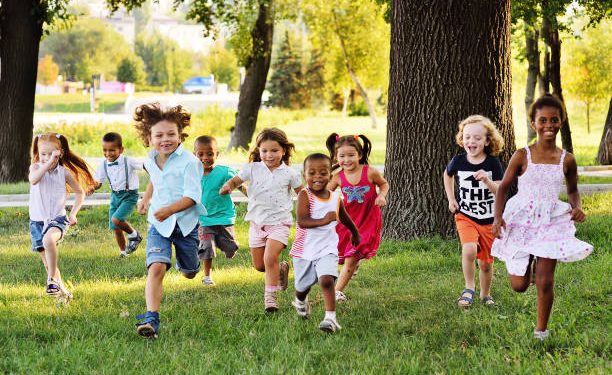Personal grooming for kids to develop their personalities is important. You’ve probably heard about the rising practice of enrolling children in grooming programs. They’re getting far more prevalent. Many people believe it is simply a trend that parents want their children to follow, but it is much more than that. personal grooming for kids to develop their personalities is a very important task for parents.
Furthermore, Personal grooming for kids to develop their personalities is necessary because we are not just required to advise our children to stay clean at all times. you must set a good example.
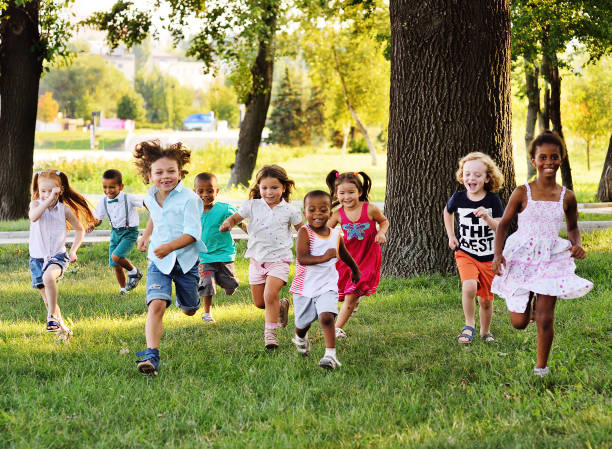
moreover, We don’t expect our children to brush their teeth twice a day if we, as parents or guardians, simply wash them once a day. Kids always observe and study us, which may have a beneficial or harmful impact on them.
“So, whatever it is about personal cleanliness that we want our children to learn, it must be done through modeling for simple absorption. That being said, they will have an understanding of how it should be done properly, and with time and practice, they will become excellent.”
What is personal grooming for kids?
Grooming is the process of preparing someone for a certain purpose or vocation. Personal grooming for kids to develop their personalities is the process of making your child seem neat by teaching them the value of cleanliness. Your youngster will establish good habits for surviving in society via grooming.
“Unconditional affection and a solid relationship with parents are very necessary for a successful life basis. A child’s most important emotional need is to feel loved. Children want many hugs and kisses, as well as reminders that they are loved. This provides them with emotional stability.”
The Importance of Personal Grooming for Children;
Personal grooming is important not just in your child’s personal life, but also in his social interactions. These abilities will help your child’s personality development as they grow into adults and face the world.
And including personality development, good self-grooming techniques increase their confidence in following cultural norms. They even improve their communication abilities since their confidence encourages them to communicate with others.

The significance of personal grooming for children has a significant influence on their lives. Here are eight wonderful grooming techniques you may teach your child to improve their life.
SOME GOOD PERSONAL GROOMING TIPS FOR KIDS;
1. Teeth Brushing
Dental care should begin before your child’s first set of teeth appears. Inform him about the need for frequent brushing and flossing for healthy gums and teeth. Then, by holding their toothbrush and instructing them properly, teach them the proper technique.
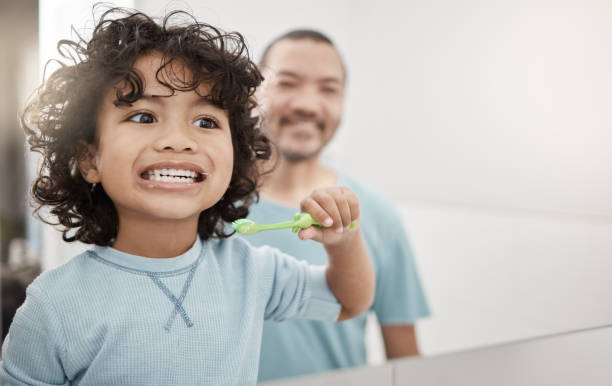
2. Bathing for kids
Do not force your child into bathing; instead, handle the issue wisely by encouraging your youngster to get in the bathtub with some water-friendly toys. Once your youngster is at ease in the tub, bathe him from head to toe and thoroughly rinse him. Allow him to play in the water for a while to make bath time more enjoyable.
3. Eating Customs
Grooming children is an ongoing effort. Teaching kids proper table manners is an important grooming tip. When a youngster reaches the age of self-sufficiency, he should begin eating on his own.
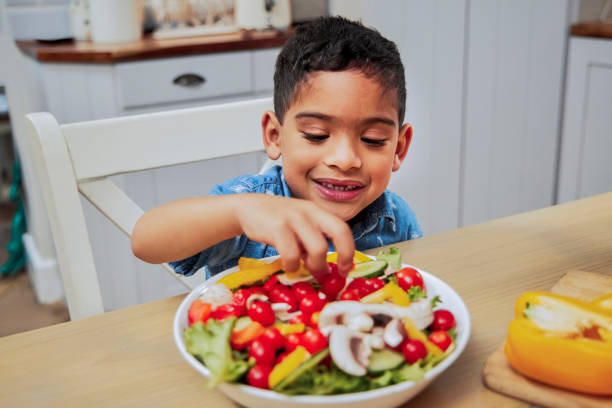
You may teach him good table manners by showing him how to eat properly, use a fork/spoon, eat off a plate, and so on. Aside from that, it is important to teach your youngster how fortunate he is to have food on his table.
4. Laundry
Clean clothing will help your child feel better and keep viruses at bay, so educate him on the value of clean laundry and the hazards of wearing unclean clothes.
If your child is too little to do his washing, show him how to use the laundry basket and then how to fold clean clothing and store them properly in the closet. Tell him that wearing clean, ironed clothing will boost his self-esteem.
5. Choosing an Outfit
Empower your child to choose and match his attire, since this will allow him to make autonomous judgments.
6. Nails
Long nails are a breeding spot for various viruses, so clip your child’s nails until they are happy with short nails.
7. Hairstyle
Another issue to consider while grooming children is keeping their hair neat. Teach your youngster the value of having tidy and clean-looking hair. Every day, show him how to dry and style his hair. Use a broad comb to get a strong hold on his hair and teach him how to properly comb his hair.
8. Social Abilities
Another fantastic technique to groom children is to teach them fundamental social skills. Because humans are social creatures, they must follow certain social etiquette to be considered a civilized human being civilized human beings. Teach them the value of good social contact and why it is important to greet everyone politely.
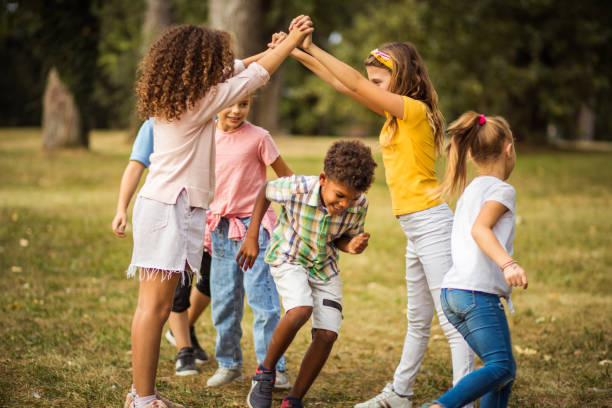
Read Also: Why Grooming Is Very Important In The Hotel Industry?
Conclusion!!
Raise a smart kid by inculcating these good grooming tips in your child. Make their learning process fun and more effective by rewarding your child as soon as they accomplish these tasks.
You also need to behave like your child’s best friend to make this learning experience more effortless for them to grasp. However, this does not mean that you cannot scold your child for doing something wrong. But, do not shout at them as it will not serve any purpose. Instead, stay calm and make them realize their mistakes.
Frequently asked questions;
-
How does personality develop throughout childhood?
The combination of social influences, biological maturation, and the child’s conceptions of the social environment and the self result in childhood social and personality development.
-
What are the most important things for a child’s growth and development?
Children must feel safe and secure, with their basic living requirements satisfied, including housing, food, clothes, medical treatment, and safety from danger.
-
What is the best way to raise a mentally healthy child?
Here are five things wise parents do to develop intellectually strong children:
- They teach kids how to control their emotions.
- They accept their emotions.
- They allowed them to make mistakes.
- They allow their children to be uneasy.
- They work together to address problems.







































